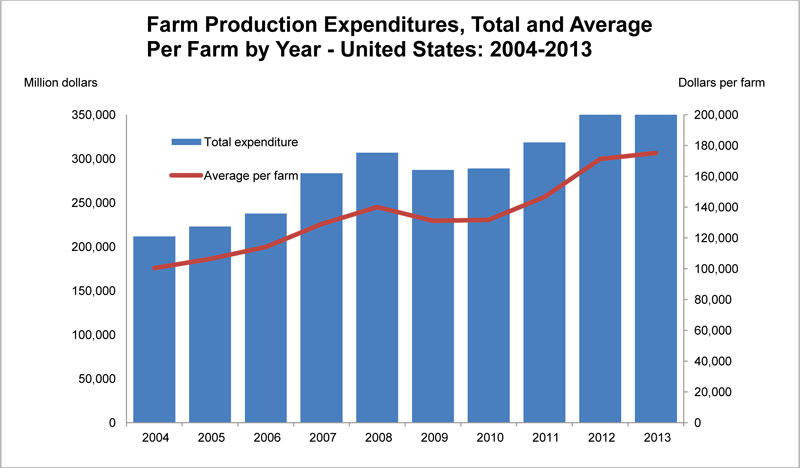(Kansas City, MO, April 10, 2012-AgNewsWire) – The Environmental Protection Agency (EPA) today announced its denial of the 2008 petition by the Natural Resources Defense Council (NRDC) seeking to cancel 2,4-D herbicide registrations and revoke all the tolerances for use.
“The impact of this decision should not be understated,” said Jim Gray, executive director of the Industry Task Force II on 2,4-D Research Data. “EPA’s comprehensive review of one of the most extensive scientific data bases of a pesticide confirmed the Agency’s previous finding that the 2,4-D tolerances are acceptable.”
In its most recent decision, the EPA stated: “After considering public comment received on the petition and all the available studies, including a state-of-the-science one-generation reproduction study, EPA is denying the request to revoke all tolerances and the request to cancel all registrations.”
“This has been one of the most widely used and successful herbicides in history and growers along with other users around the U.S. and the world can continue to use it with confidence”, added Gray. “EPA’s most recent decision is consistent with findings of other authorities such as the World Health Organization, Health Canada’s Pest Management Regulatory Agency and the European Commission.”
The US EPA conducted a thorough evaluation of all of the available information, including GLP studies, peer-reviewed studies, as well as the anecdotal information submitted by the pressure groups. This determination follows the 2005 Re-registration Eligibility Decision which encompassed 17 years of scientific evaluation.
EPA Statements in Rejecting the NRDC Petition
- “The one-gen study provides an in-depth examination of 2,4-D’s potential for endocrine disruptor, neurotoxic, and immunotoxic effects. This study and EPA’s comprehensive review confirmed EPA’s previous finding that the 2,4-D tolerances are safe.”
- “Based on studies addressing endocrine effects on wildlife species and the adequacy of personal protective equipment for workers, the Agency concluded that the science behind our current ecological and worker risk assessments for 2,4-D is sound and there is no basis to change the registrations.”
About 2,4-D and the Research Task Force
2,4-D, one of the most widely used herbicides in the U.S. and worldwide, is applied to crops such as wheat, corn, rice, soybeans, potatoes, sugar cane, pome fruits, stone fruits and nuts. It controls invasive species in pastures, aquatic areas and federally protected areas and broadleaf weeds in turf grass. An economic evaluation by the U.S. Department of Agriculture (NAPIAP Report 1-PA-96) concluded that the loss of 2,4-D would cost the U.S. economy $1.7 billion annually in higher food production and weed control expenses. 2,4-D is a critical tool in the integrated management of herbicide resistant weeds in crops.
The 2,4-D Task Force is made up of those companies owning the technical registrations on the active ingredient in 2,4-D herbicides. They are Dow AgroSciences (USA), Nufarm, Ltd. (Australia) and Agro-Gor Corporation (USA & Argentina).
The Task Force does not conduct the research required by EPA and other pesticide regulators; it simply funds the scientific research needed to meet all agency requirements. All research funded by the Task Force is conducted under stringent Good Laboratory Practice (GLP) requirements.




